(839 products available)







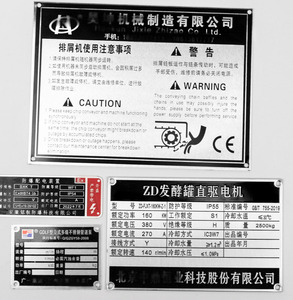


























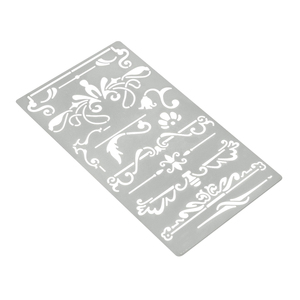


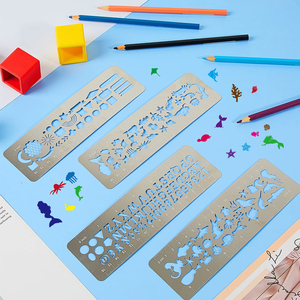
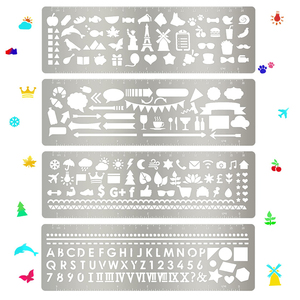


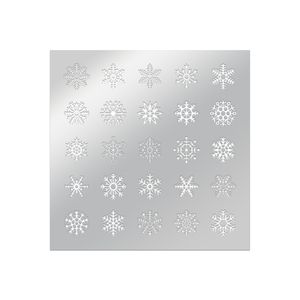
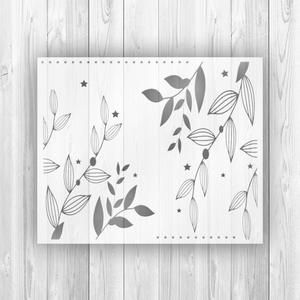





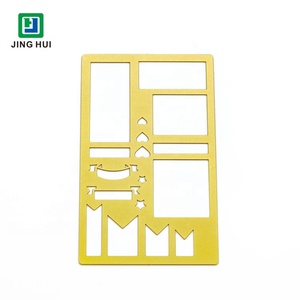

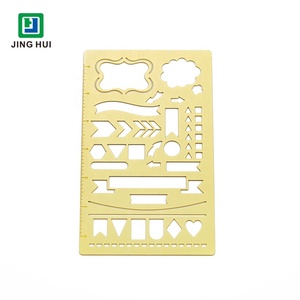
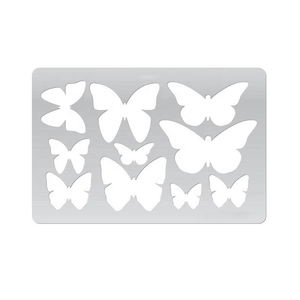
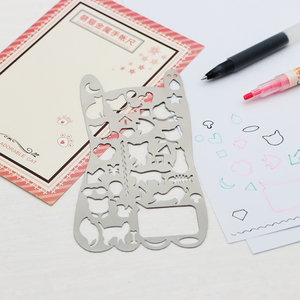

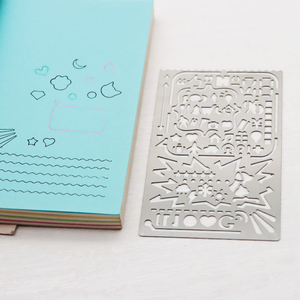
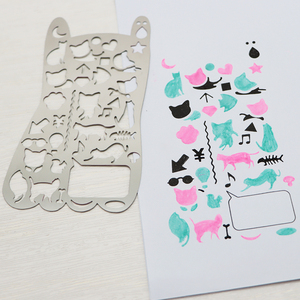
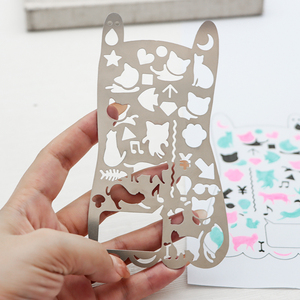
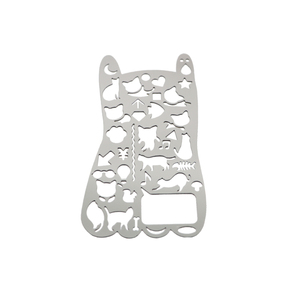








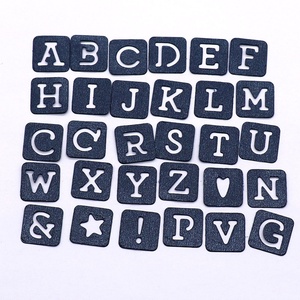
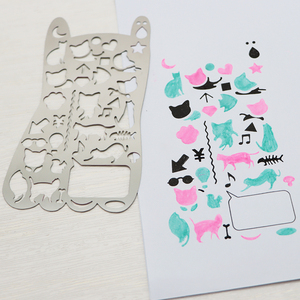

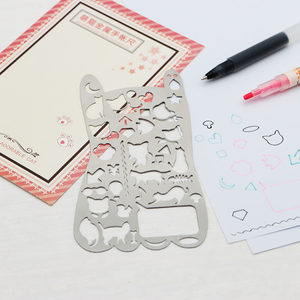

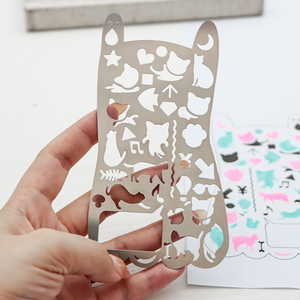
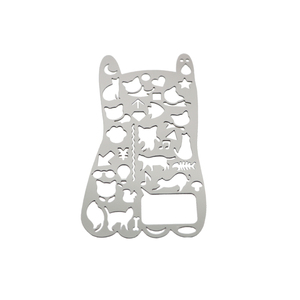

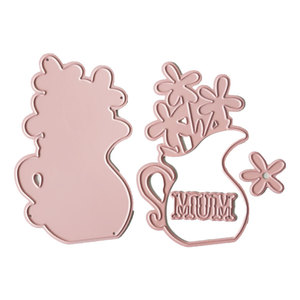
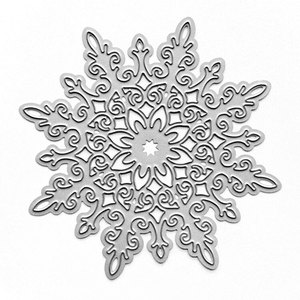
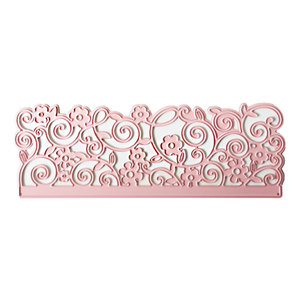




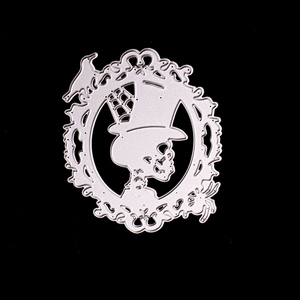


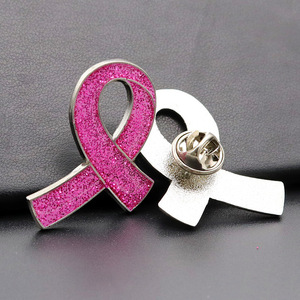
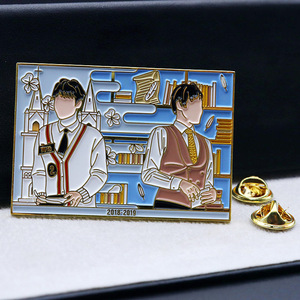
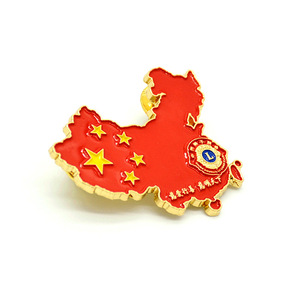

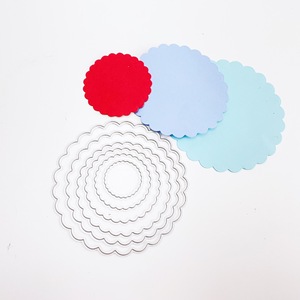
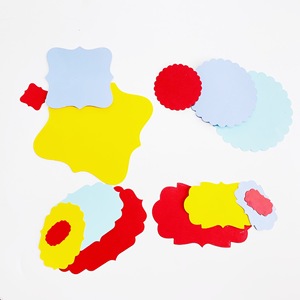
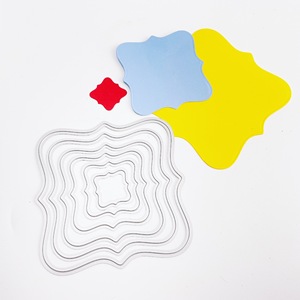
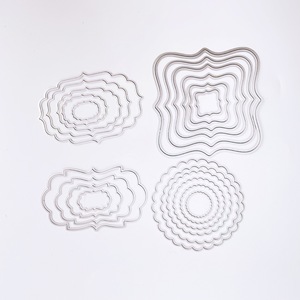
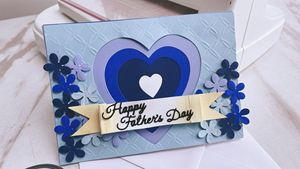


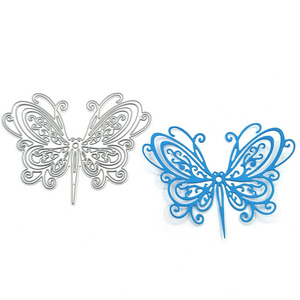









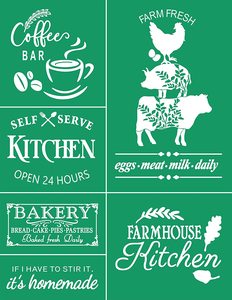


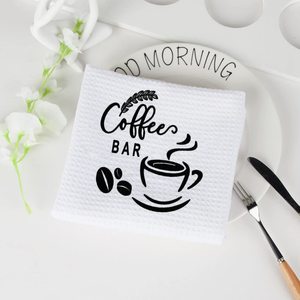
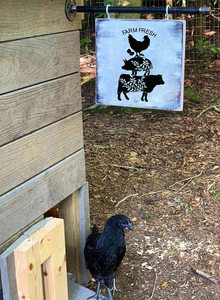
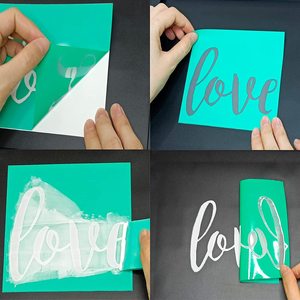








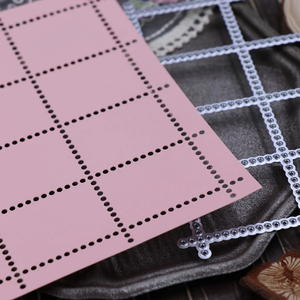

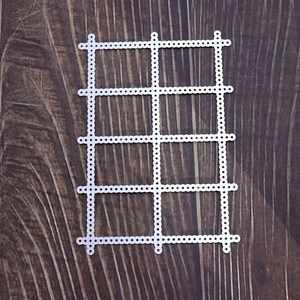
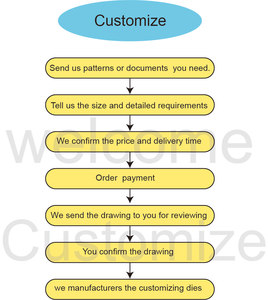
 Ready to Ship
Ready to Ship





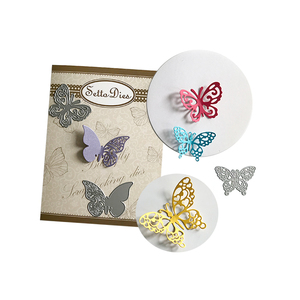
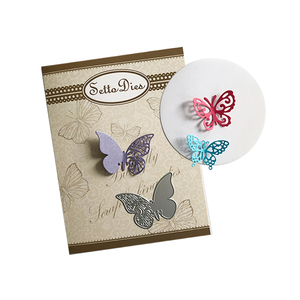
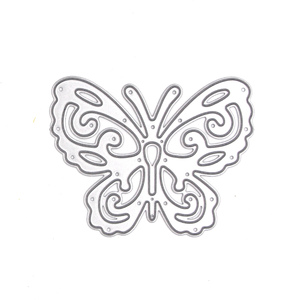
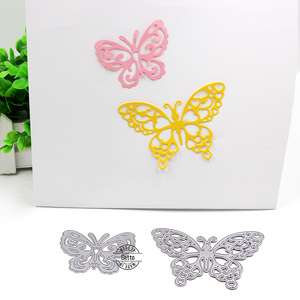

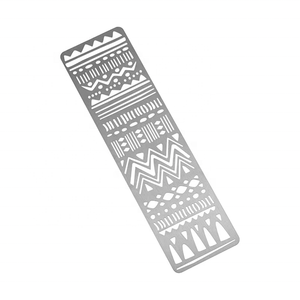

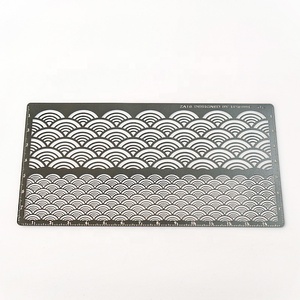
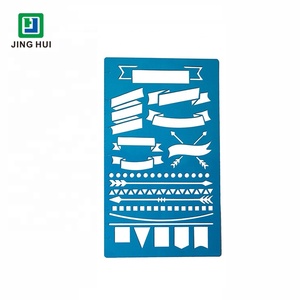

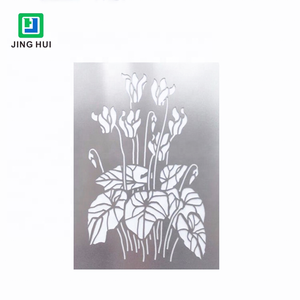


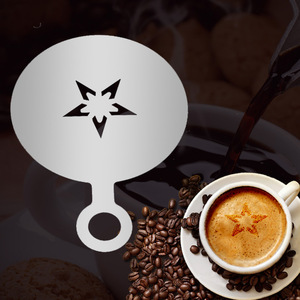

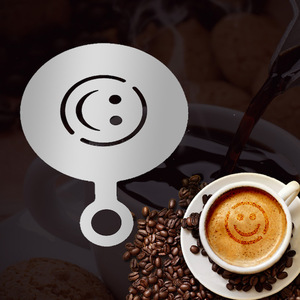
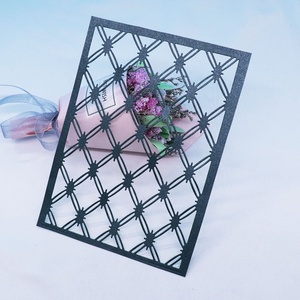
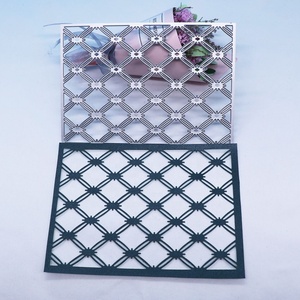
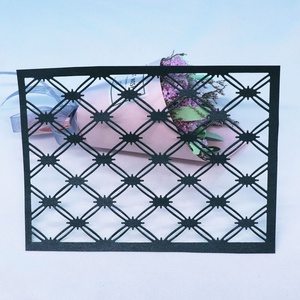
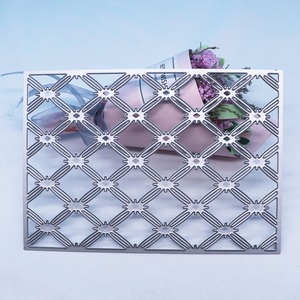
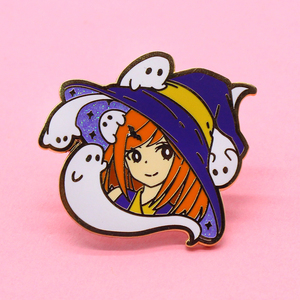

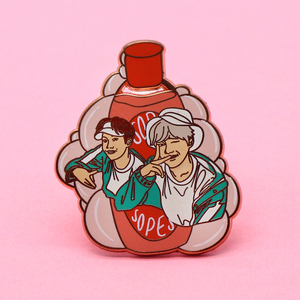
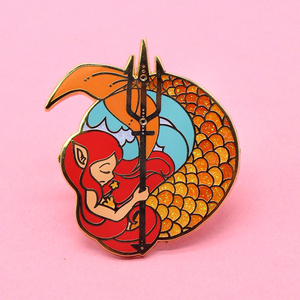
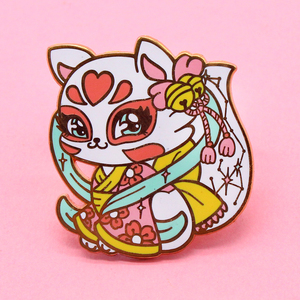
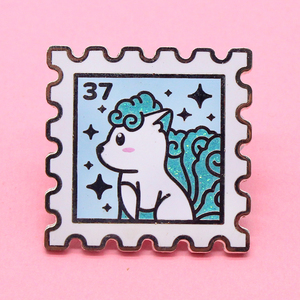






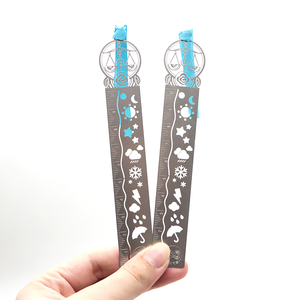

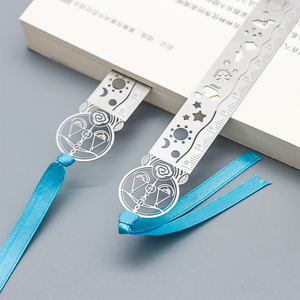
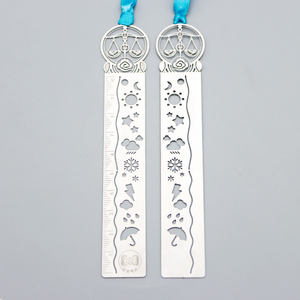



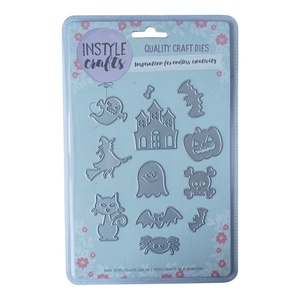


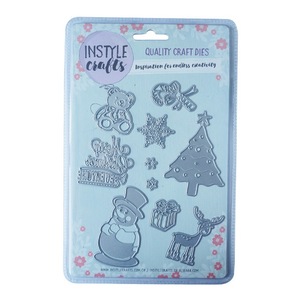
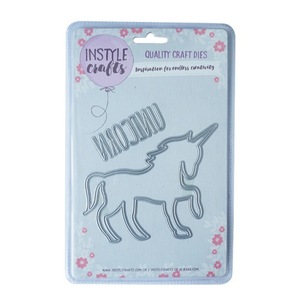

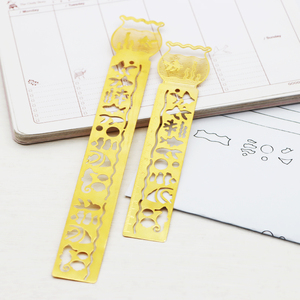


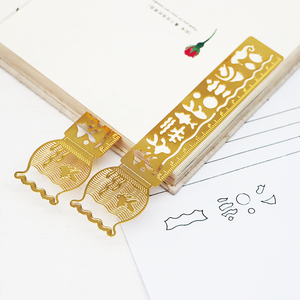

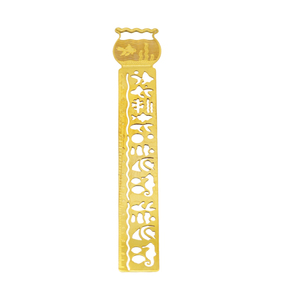

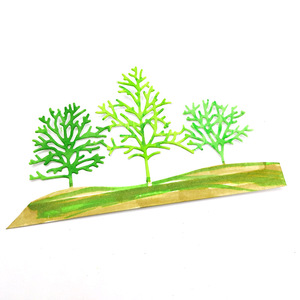

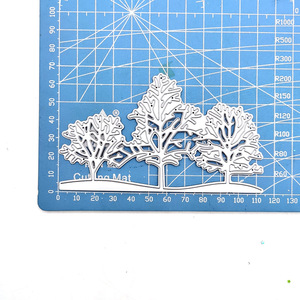



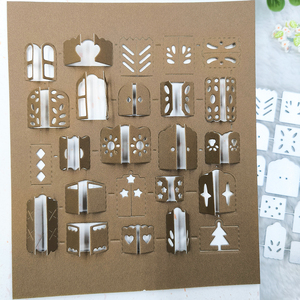
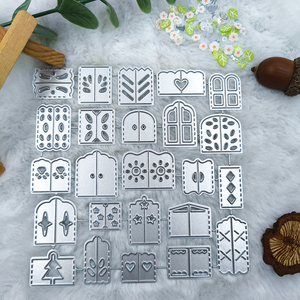
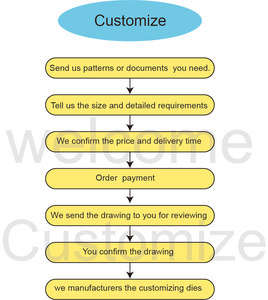

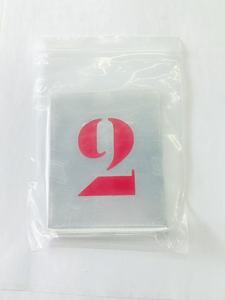

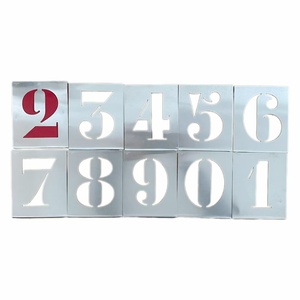










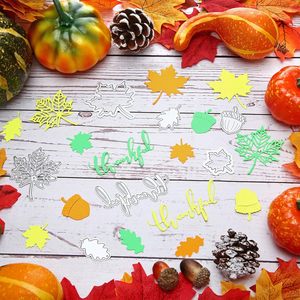

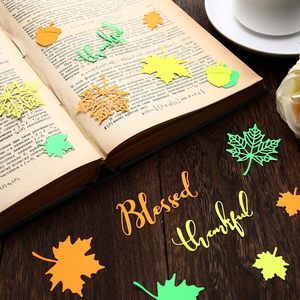
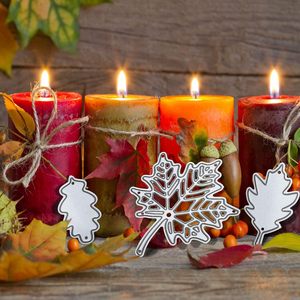


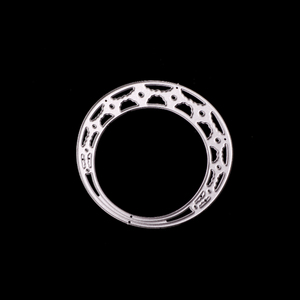

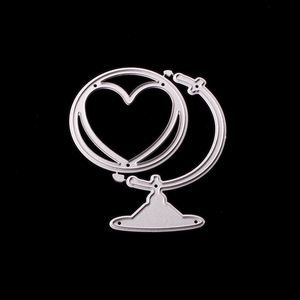

Custom etching stencils come in various types, each tailored for specific applications and materials.
Metal Etching Stencils
Custom etched stencils are highly precise and are mainly used for etching on metals. They are made from durable materials like stainless steel, brass, or acid-resistant polymer due to the high temperatures and chemicals involved in metal etching. These stencils find applications in electronics, where they help create printed circuit boards (PCBs) with accurate copper etching designs. They are also used in industrial sectors for etching labels, markings, and identification plates on metal surfaces. The longevity and reusability of these stencils make them a cost-effective solution for both small-scale and mass production projects requiring detailed metal designs.
Acrylic Etching Stencils
Acrylic etching stencils are popular among artists and crafters for etching on surfaces like glass, wood, and stone. They are made from acrylic sheets and are flexible enough to conform to uneven surfaces. These stencils are widely used in artistic glass etching to create intricate designs on glassware, windows, and panels. Additionally, they are employed in customizing wooden products such as nameplates, signs, and decorative items with unique etched designs. The clarity and precision of the etching patterns allow for clean, detailed artwork, making acrylic stencils a versatile tool for both artistic and commercial projects.
Glass Etching Stencils
Custom etching stencils specifically designed for glass etching are usually made from vinyl or latex. These materials are chosen because they can easily adhere to smooth glass surfaces and create sharp lines when etched. Glass etching stencils are widely used in both DIY and professional settings. In crafting, they allow for personalizing glassware, mirrors, and windows with custom designs, names, or patterns. In the industrial sector, these stencils are used for etching labels, logos, and decorative elements directly onto glass containers, bottles, or architectural glass pieces. The flexibility of the stencil materials ensures that even the most intricate designs can be transferred onto glass with precision, maintaining the quality of the etched details.
Stone Etching Stencils
These stencils are designed to endure the abrasive nature of etching compounds used on stone surfaces. Common materials for stone etching stencils include rubber and vinyl. These stencils are primarily used in the construction and memorial industries. In construction, stencils facilitate the etching of custom patterns, designs, or text onto engraved rocks, granite countertops, and tombstones. This creates personalized headstones in cemeteries and memorial parks. The durable nature of stone etching stencils ensures they can withstand multiple uses, making them ideal for both custom one-off projects and larger commercial endeavors. Their resistance to wear means they maintain sharp, clean lines even after extended use during etching projects.
Plastic Etching Stencils
Plastic etching stencils are made from thin sheets of plastic that are easy to handle and flexible enough to adhere to various surfaces. These stencils are commonly used in the electronics industry for etching circuit boards, where precision is critical. The stencils are applied during the etching process to remove unwanted copper and create intricate pathways and designs on the boards. Because plastic stencils are lightweight and inexpensive, they are also well-suited for small-scale artists or DIY enthusiasts who need to etch glass or other materials.
The design of custom etching stencils plays a crucial role in determining the accuracy and quality of the etching results. There are several key design considerations to keep in mind when creating these stencils.
Material Selection
The material used for custom etching stencils is chosen based on its compatibility with the surface to be etched. For glass etching, vinyl is the go-to choice due to its ability to create airtight seals on glass surfaces, ensuring clean lines and minimal bleed. Acrylic stencils, on the other hand, are favored for etching on wood and other flat surfaces, offering flexibility and precision.
Purpose and Surface
Identifying the intended use and the surface to be etched is key to customizing the stencil design. For example, stencils used for metal etching might require more robust materials like brass or stainless steel to withstand harsh chemicals. In contrast, stencils for glass etching usually employ adhesives like vinyl, which adhere smoothly to the glass without damaging the surface. Custom stencils for stone etching often utilize thicker materials like rubber or plastic to endure the abrasive nature of stone and etching compounds.
Thickness and Durability
The thickness of the stencil material impacts its durability and precision. Thicker stencils are more durable and suitable for multi-use applications or for surfaces that require more pressure during the etching process. However, for extremely fine detailed work, thinner materials may be necessary to ensure flexibility and adherence to the surface. Balancing thickness with the desired lifespan of the stencil is essential for achieving optimal results.
Customization and Branding
Custom branding also plays a part as companies often integrate their logo or specific branding motifs into the stencil design for use on products or packaging, ensuring all etched items carry a consistent brand message. Aesthetic and functional needs apart, custom etching stencils provide businesses with the opportunity to showcase their unique identity through the ornate designs literally engraved into their products.
Technological Tools
Laser cutting machines or CNC routers are popular for creating custom etching stencils since these devices offer a level of precision that hand-cutting cannot achieve. These machines enable the production of stencils with very fine details and complex designs. Moreover, these stencils can be made in larger quantities, which is useful for commercial businesses needing hundreds or thousands of identical stencils. In addition to this, digitally creating the stencil design on a computer also allows for easy modifications and quick iterations.
Custom etching stencils are versatile tools used in a variety of industries and creative projects. Here are some common scenarios where these stencils play a crucial role.
Industrial Etching
Custom metal etching stencils are widely used in the manufacturing industry to mark or personalize metal parts. Industries typically have details like serial numbers, barcodes, or company logos etched onto metal components for identification and traceability purposes. The use of custom etching stencils ensures precision and consistency across large production runs, enhancing operational efficiency.
Product Customization
Custom etching stencils are frequently used in the glassware industry to personalize items like wine glasses, awards, and promotional merchandise. Businesses can offer customers a bespoke service, etching names, dates, or logos onto glass products for special occasions or corporate gifts. This added level of personalization significantly increases the perceived value of the product, making it more attractive to consumers.
Award Plaques and Trophies
In trophy manufacturing and award plaques, custom etching stencils are essential for incorporating personalized messages, such as names, dates, and achievement titles, directly onto glass, metal, or wooden trophies and plaques. These stencils facilitate clean, precise etchings that improve the professional appearance of awards and make them significant keepsakes for recipients.
Art and Crafts
Custom etching stencils are commonly used by artists and crafters for various creative projects. From etching intricate designs on glass to creating detailed patterns on wood or stone surfaces, these stencils allow for precise and repeatable artistic applications.
Memorial Products
Custom etching stencils find extensive use in the monument industry, particularly for headstones and memorial plaques. These stencils enable artisans to accurately etch names, dates, and custom artwork onto stone surfaces. This precision ensures that deeply carved details, like portraits or symbolic designs, are executed with clarity and emotional resonance. Whether reflecting classic or contemporary styles, custom stencils help create stunning, meaningful tributes that meet individual family requests and stand the test of time in both quality and aesthetic appeal.
Proper selection and maintenance of custom etching stencils are crucial for achieving optimal etching results, especially in projects requiring high precision.
Material Thickness
The material thickness of custom etching stencils varies depending on the surface to be etched and the intricacy of the design. Stencils for glass etching are typically made from vinyl and have a thickness of around 3 mils. For more robust surfaces like metal or stone, stencils might be constructed from brass, stainless steel, or plastic, with thicknesses ranging from 0.5 mm to 1 mm.
Adhesive Quality
For stencils used in glass etching, the quality of the adhesive backing is of utmost importance. The adhesive must be strong enough to prevent any etching compound from seeping underneath the stencil, which would blur the lines. However, it should also allow for clean removal post-etching without leaving any residue on the glass surface. Many stencils are specifically designed for reusable or multiple uses, especially in high-volume industrial settings.
Storage Conditions
Custom etching stencils should be stored in a cool, dry place away from direct sunlight to prevent deterioration, particularly for stencils made from vinyl or other delicate materials. For stencils intended for reuse, such as those used in a commercial setting, proper storage in a flat, protective case is essential to maintain their shape and functionality over time. Avoiding excessive heat or humidity is crucial, as these factors can weaken the adhesive or damage the stencil material itself.
Cleaning
Stencils that are designed for reuse require careful cleaning after each use. For stencils that have fine etching residue or compounds stuck to them, a gentle approach using warm water and a soft brush or cloth is recommended. In cases of stubborn residue, one could use mild soapy water. It is crucial not to use abrasive materials, which could damage the stencil itself, particularly with thinner materials that have intricate designs.
Durability
The durability of custom etching stencils is determined by both the material used and the frequency with which they are employed. In general, stencils created from more robust materials like brass or acrylic are designed to stand up to repeated use, making them suitable for long-term projects or those of larger scale. Thinner materials, typically vinyl or plastic, while more fragile, accommodate detailed designs that are nearly impossible to etch without precisely formatted cutting instruments. The scope of the project, the type of surface to be etched, and the desired level of detail will all factor into the determination of whether a long-lasting or more disposable stencil is required.
Custom etching stencils are primarily used to create detailed and precise designs on various surfaces, including metals, glass, wood, and stone. They are widely used in industries such as electronics, manufacturing, and construction, as well as in artistic endeavors like glass etching and personalized memorials. These stencils allow for consistent branding, marking, or artistic application by providing a reusable template for surface modification.
Custom etching stencils are produced using a variety of materials depending on the specific use and surface to be etched. Vinyl is frequently used for stencils aimed at glass etching, as it generates an airtight seal on glass surfaces. In the industrial sector, stencils historically made of metals such as brass or stainless steel are employed to endure chemicals that facilitate etching. Plastic, which has been cut into stencils typically used for electrical circuit boards or in art projects, provides an affordable and lightweight option. For stencils that must stand up to the abrasive nature of stone, materials such as rubber or thicker plastics are ideal.
To maintain custom etching stencils, it is essential to clean them after each use, especially if they have been exposed to etching compounds or residues. For stencils made from materials like brass or vinyl, gentle cleaning with a soft brush and mild soapy water is recommended. These stencils should be air-dried and stored in a protected, dust-free environment to ensure they remain durable for repeated use. Moreover, stencils that are made from vinyl might need to be replaced more frequently due to wear of the adhesive backing over time.
Yes, many custom etching stencils are designed for repeated use, particularly those made from durable materials like acrylic, brass, or stainless steel. However, stencils made from vinyl are generally more suited to single use or limited uses, as the adhesive may lose its effectiveness over time. The reusability of a stencil depends on its material and the conditions in which it is stored and maintained.
Custom etching stencils are used in multiple industries, including the award and trophy business, where unique glass engravings frequently personalize prizes. Custom etching stencils are invaluable in the electronics sector when circuit boards require precision etching. Other areas where custom stencils find application include memorialization services that create headstones or plaques out of stone and manufacturing, where metal components are marked. In all these circumstances, the etching stencils aid in providing detailed branding or identification.